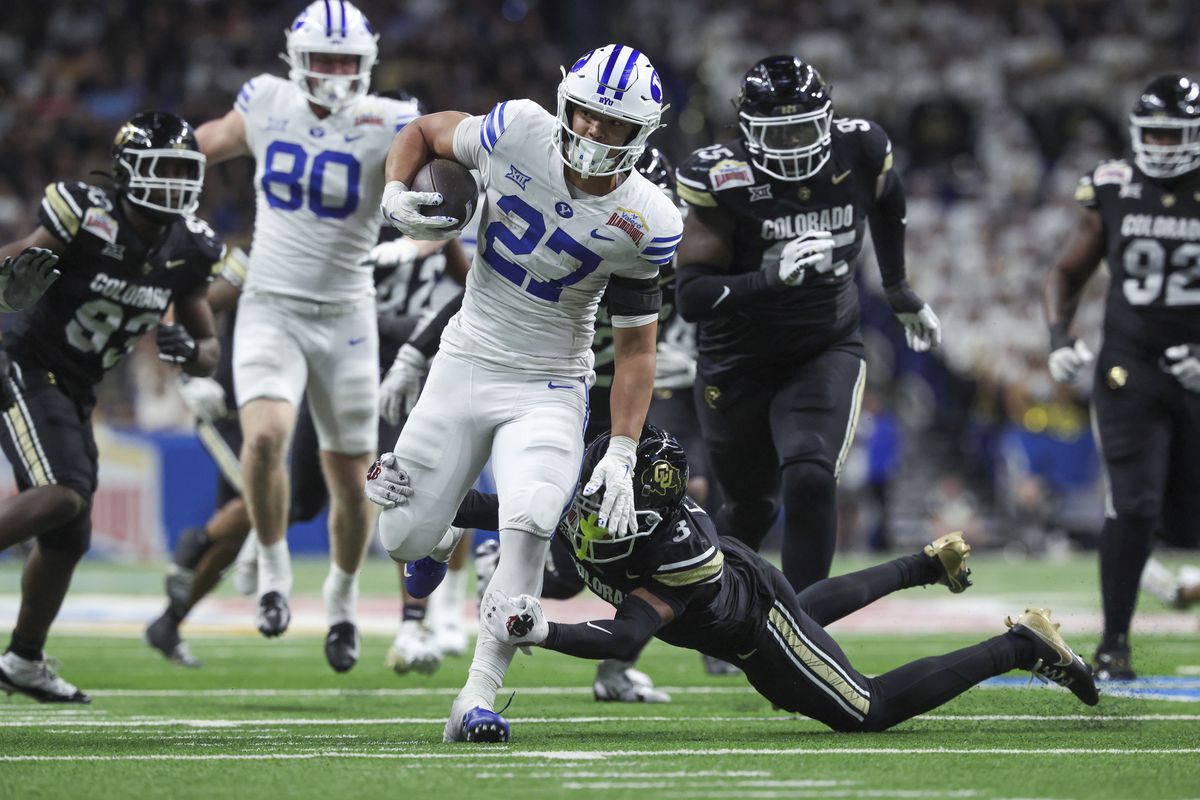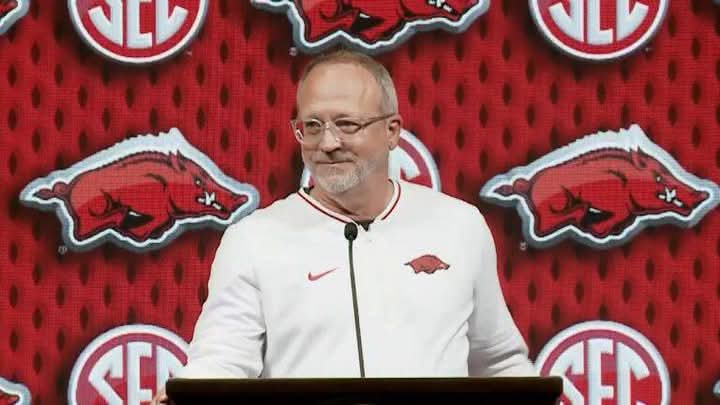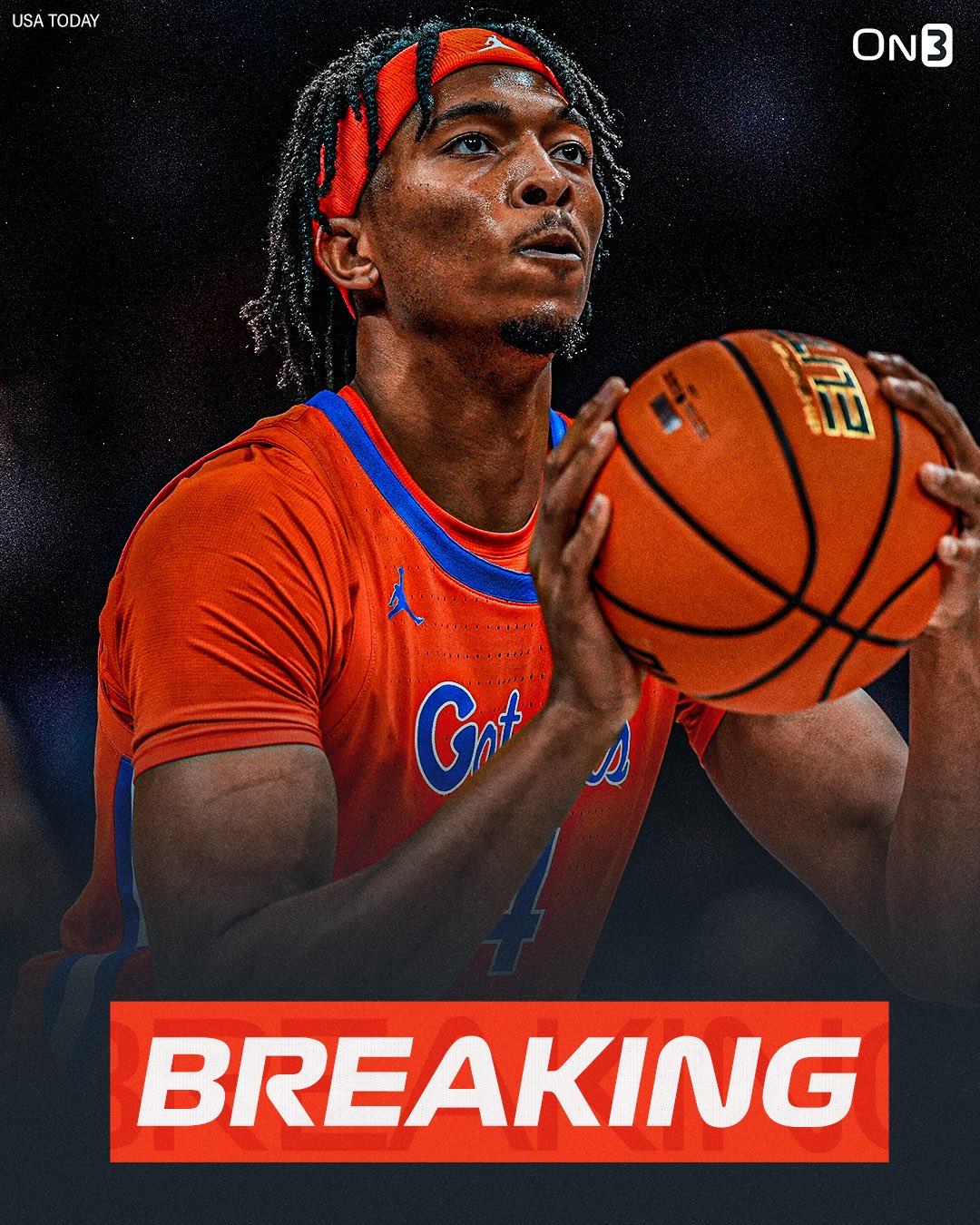Wisconsin cornerback Nyzier Fourqurean has officially lost his appeal against the NCAA, a decision that puts his eligibility for the 2025 college football season in serious doubt. This ruling not only impacts Fourqurean’s playing future but also adds pressure to a Wisconsin secondary already undergoing significant changes.
Background of the Case
Fourqurean, who transferred to Wisconsin from Grand Valley State, a Division II program, had argued that his two seasons played at the D-II level should not count toward the NCAA’s four-year eligibility limit. The NCAA, however, ruled against him. The association determined that his participation in those two seasons does indeed use up two years of eligibility, leaving him with limited time left to play at the D-I level.
According to Fourqurean, his time at Grand Valley State was developmental and not on par with the demands and exposure of playing at the Power Five level, like the Big Ten. His legal team hoped to carve out an exception, arguing that D-II competition should not be treated the same as Division I in terms of eligibility status. However, the NCAA’s decision to reject the appeal reaffirms its stance on maintaining consistent eligibility rules across all divisions.
NCAA’s Position and Broader Implications
The NCAA has been under increasing scrutiny in recent years for its rulings on player eligibility, especially in light of the growing player empowerment movement, the expansion of the transfer portal, and the impact of NIL (name, image, and likeness) policies. The Fourqurean case offered a potential challenge to the NCAA’s standard eligibility framework, which states that athletes have five years to complete four seasons of competition after first enrolling in college.
With this victory, the NCAA strengthens its position in enforcing its eligibility timelines. Though some may see the ruling as rigid, the organization views it as a necessary measure to prevent a slippery slope in which student-athletes could routinely ask for exceptions based on competitive level, program structure, or personal development timelines.
Impact on Wisconsin’s Football Program
The decision is a tough blow to Wisconsin’s defense, which is already navigating through a transitional period. The Badgers’ secondary has undergone significant turnover, with multiple players transferring, graduating, or heading to the NFL. Fourqurean was expected to play a major role in stabilizing the cornerback group heading into the 2025 season.
Now, with his status in doubt, the team will likely need to depend on younger, less experienced players or explore other options through the transfer portal to fill the void. Losing a seasoned player like Fourqurean could be especially costly in a competitive Big Ten conference where elite passing offenses are common.
Fourqurean’s Options Moving Forward
Although the ruling makes him likely ineligible for the 2025 season, Fourqurean and his camp may still consider other avenues. These could include appealing for a waiver on different grounds or attempting to play professionally, either through the NFL’s supplemental draft system or by joining an alternative league such as the UFL or CFL.
Alternatively, if the NCAA’s decision is final and not open to any additional appeal, Fourqurean’s college football career may have reached its conclusion. This would be an unfortunate outcome for a player who hoped to maximize his development and exposure at the Division I level.
What This Means for Future Transfer Athletes
This case could set a precedent that affects how athletes transferring from lower divisions to Division I think about their eligibility timeline. Student-athletes often assume that time spent at junior colleges or Division II/III schools may be viewed differently by the NCAA, especially when those early years are spent away from the spotlight.
However, the decision in Fourqurean’s case reinforces that every year of official competition counts, regardless of the division in which it occurred. This may prompt other players considering a transfer to seek clarity from compliance officers before transferring, to avoid finding themselves in a similar situation.
Reactions from the College Football Community
The ruling has sparked mixed reactions across the college football landscape. Supporters of Fourqurean argue that the NCAA should be more flexible, especially in a rapidly changing collegiate sports environment where players are gaining more autonomy and rights. Critics of the NCAA often point to what they see as inconsistencies or a lack of compassion in eligibility decisions, especially when it comes to marginal or less high-profile cases.
On the other hand, those in favor of the ruling maintain that rules need to be applied uniformly to ensure fairness and maintain the integrity of college competition. Allowing exceptions based on perceived competition levels could lead to confusion and potential abuse of the eligibility system.
NCAA Reform Discussions Continue
This case also reignites conversations around potential reforms to NCAA governance. With growing calls for a players’ union, increased governmental oversight, and the decentralization of power in college athletics, rulings like this one are now viewed through a wider lens. Critics of the NCAA often cite decisions like Fourqurean’s denial as proof that the organization is out of touch with the evolving needs of student-athletes.
Some sports analysts suggest that a new eligibility model may be necessary—one that considers different development paths, especially as the landscape between high school, college, and professional athletics becomes more interconnected.
Final Thoughts
In summary, the NCAA’s decision to deny Nyzier Fourqurean’s eligibility appeal deals a significant blow to both the player and the Wisconsin Badgers football team. It ends any hope that his early playing years at Grand Valley State would be overlooked or discounted, and sets a firm example for future student-athletes navigating the complex NCAA eligibility system.
As of now, barring a dramatic turn of events or a new waiver, Fourqurean is unlikely to play in 2025, leaving both his future and Wisconsin’s defensive plans in limbo. The ruling is a clear win for the NCAA in its efforts to maintain authority over player eligibility but raises important questions about how equitable and adaptable that authority truly is in the modern era of college athletics.



